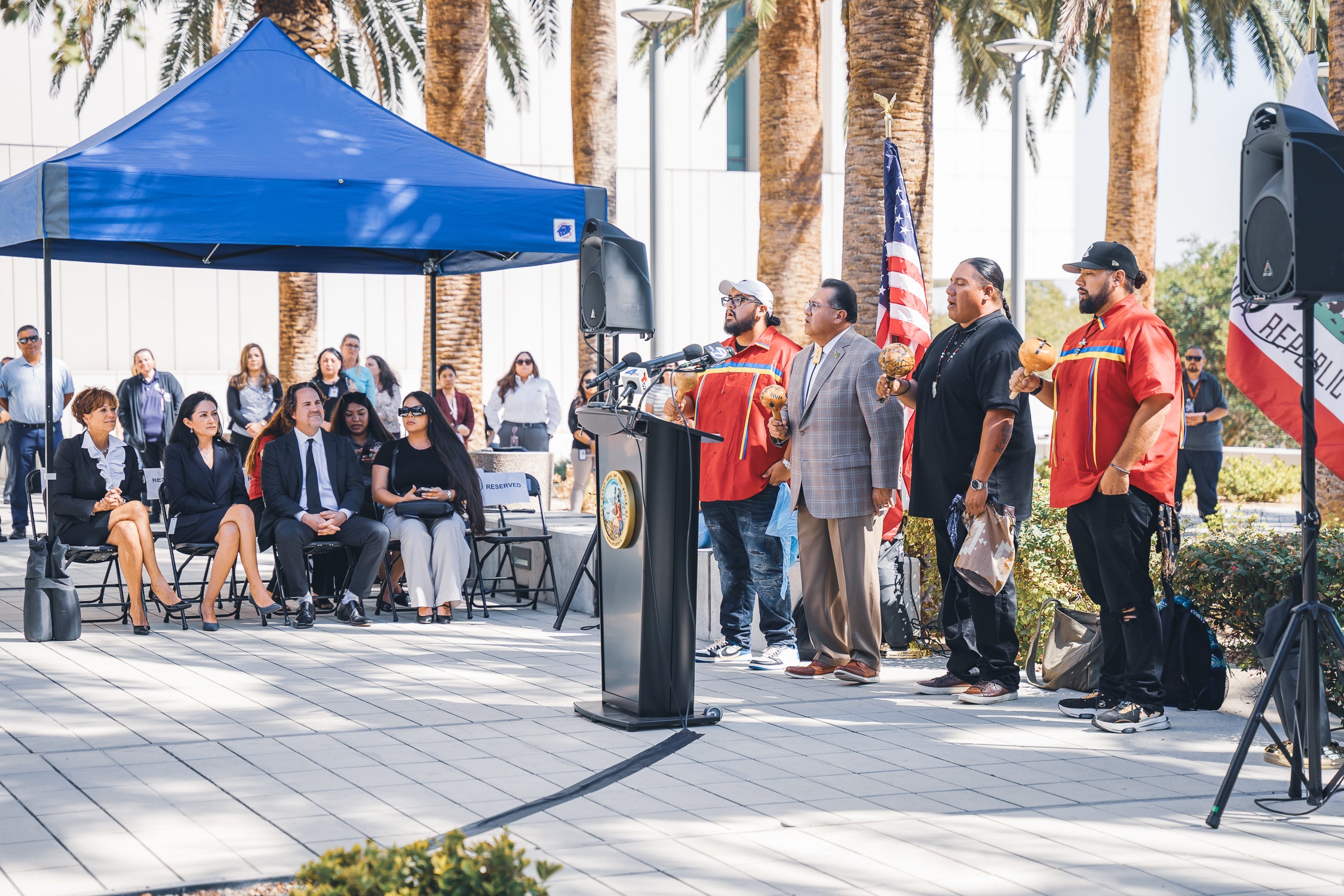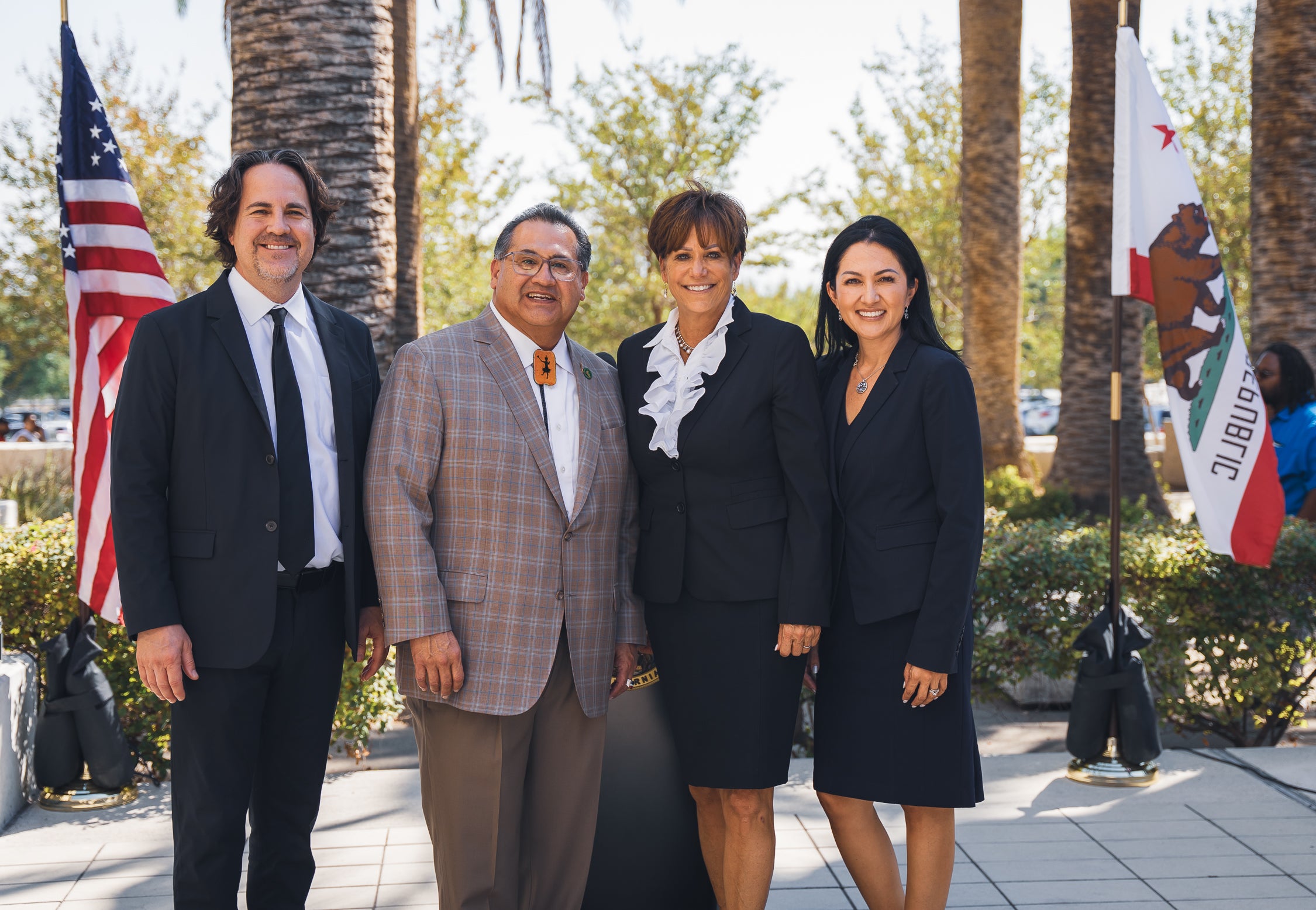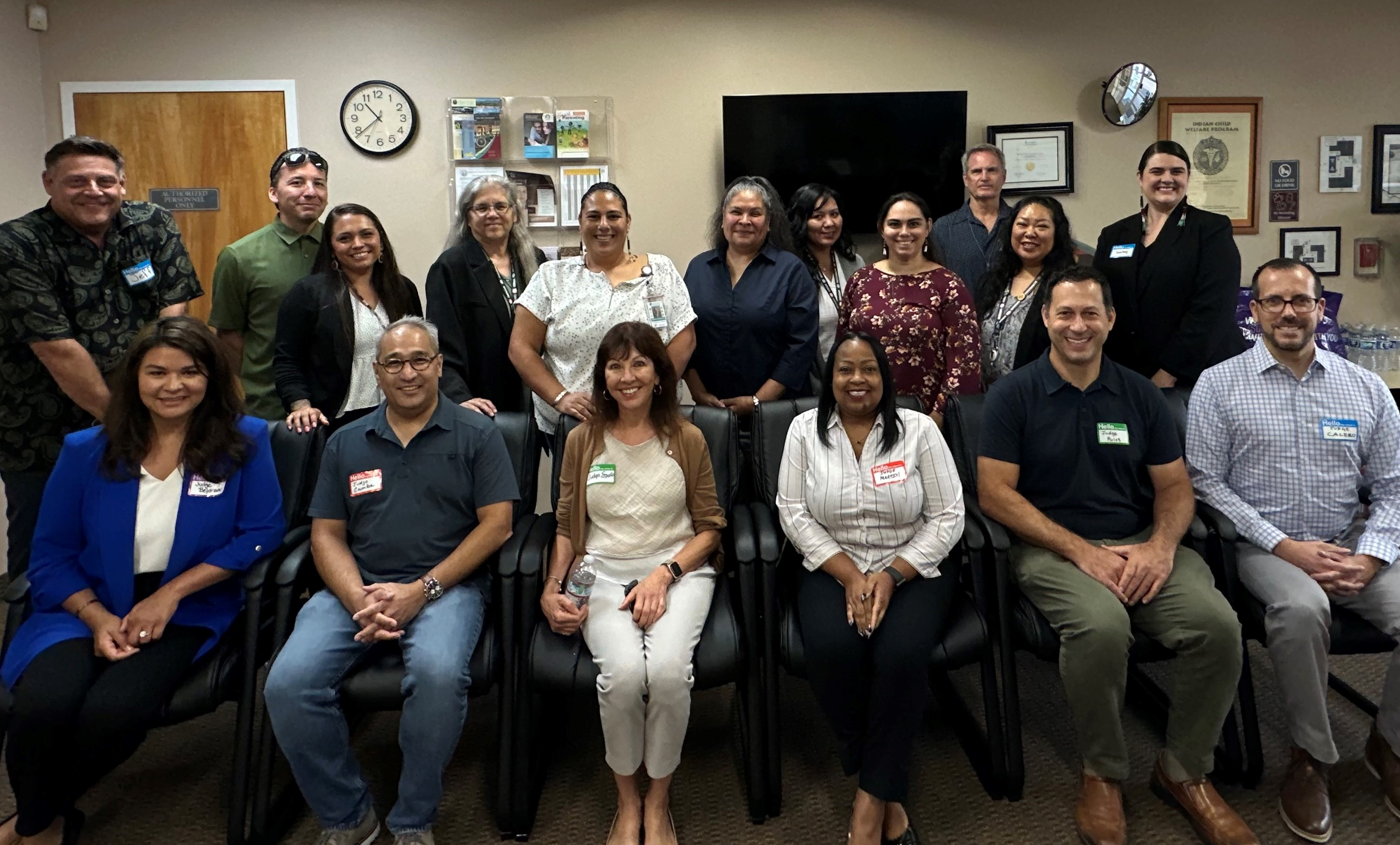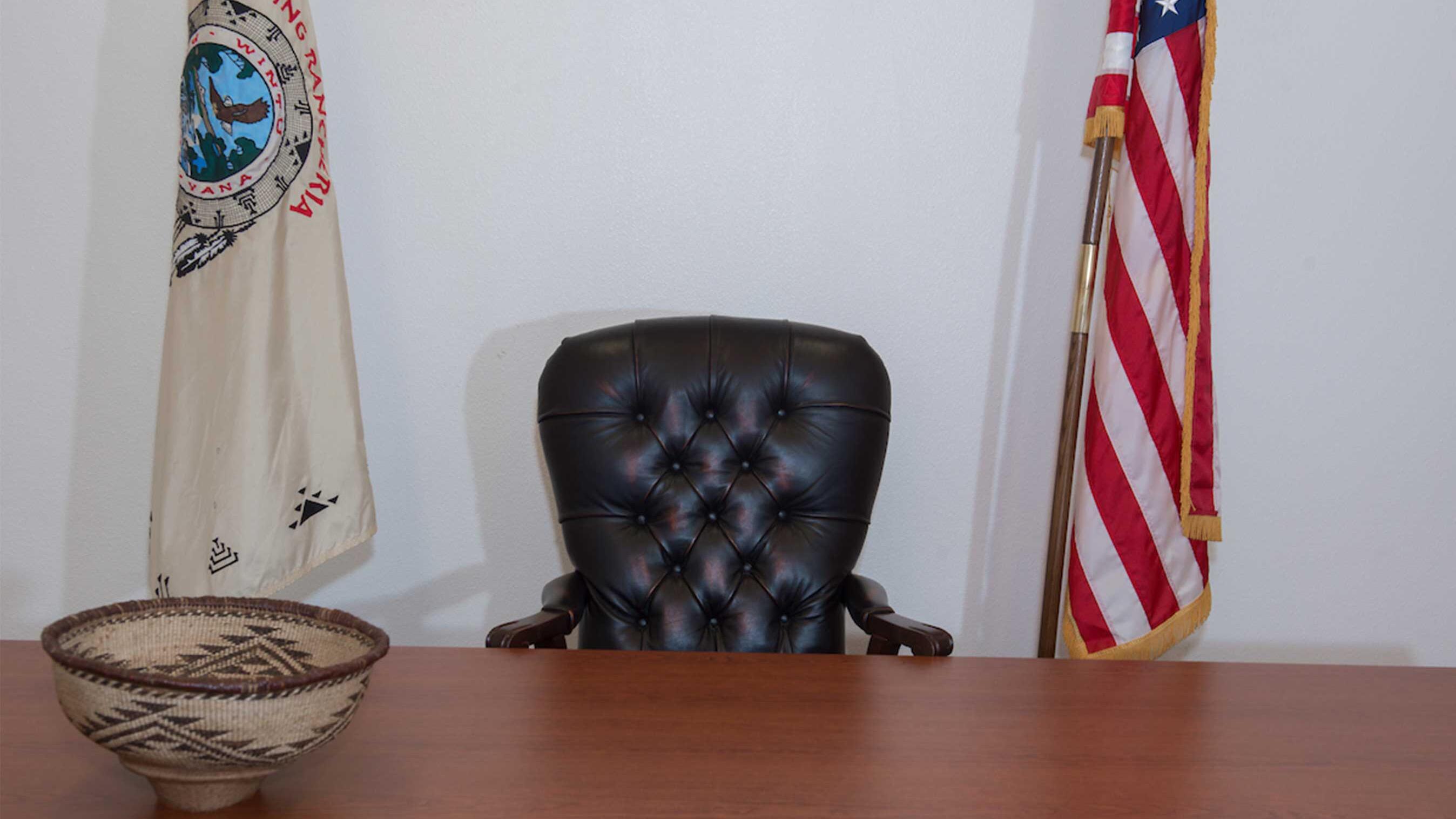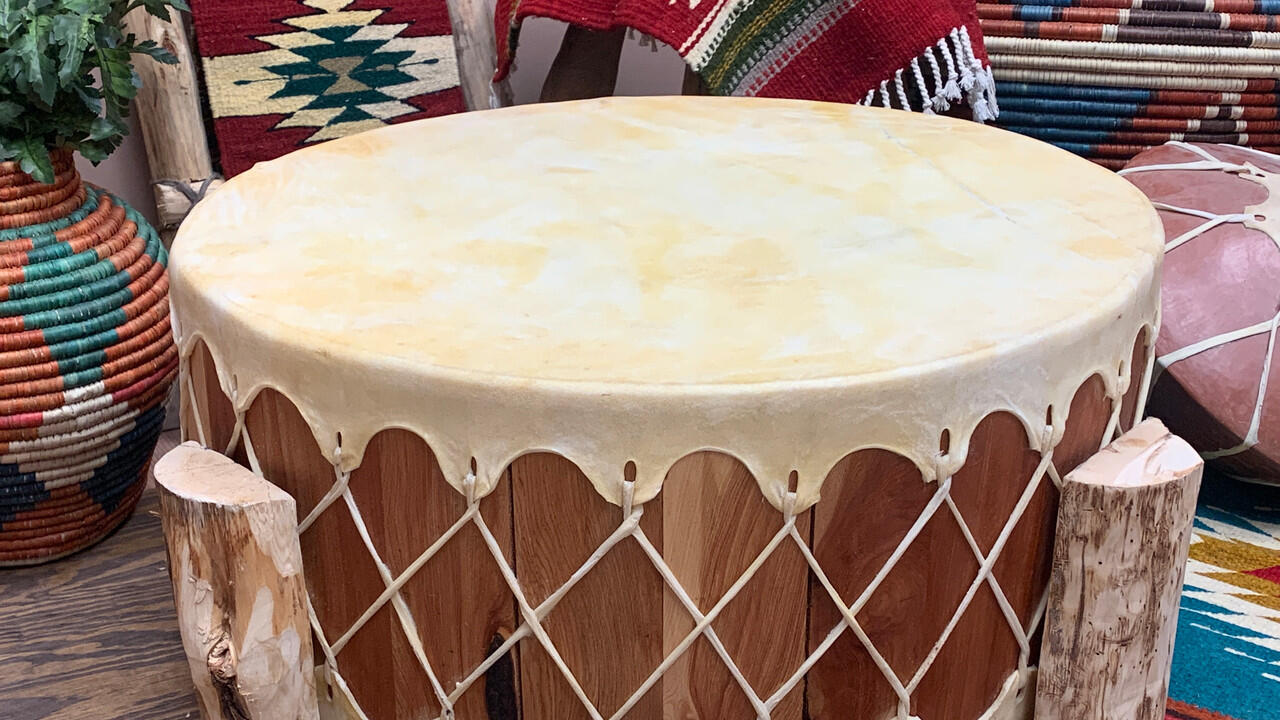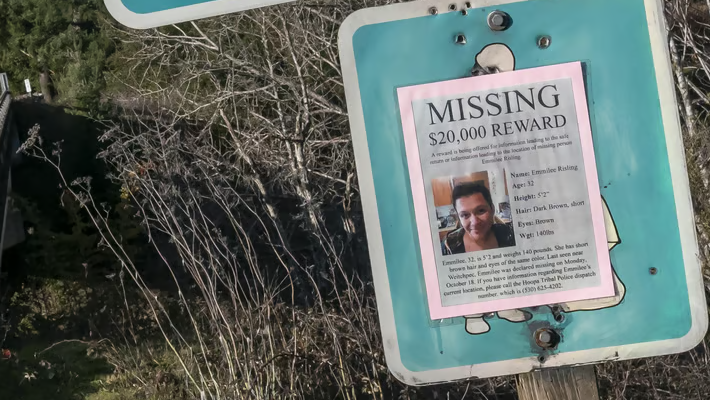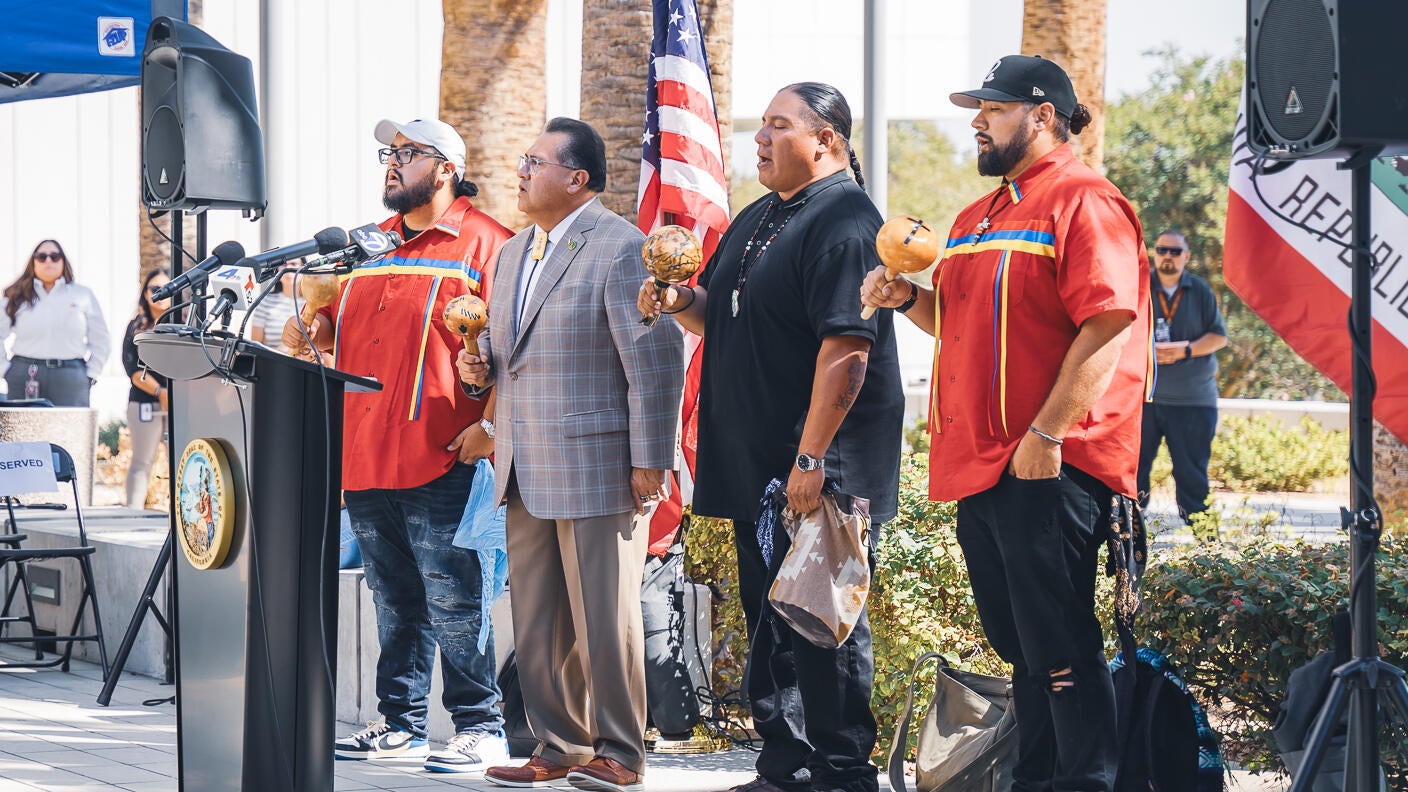
California Native American Day Highlights Support for State's Native Communities
This Friday, California courts will close in observance of the California Native American Day state holiday. But courts are also taking the opportunity to recognize Native American people and celebrate their history in the state.
San Bernardino Court Honors Tribal Communities
In 2021, Assemblymember James C. Ramos (D-Highland), the first Native American to serve in the state legislature, authored AB 855 to amend the Code of Civil Procedure to recognize California Native American Day on the fourth Friday of September as a judicial holiday. The Judicial Council-sponsored bill was passed by the Legislature and signed by Governor Gavin Newsom to take effect the next year.
This week, Assemblymember Ramos took part in a California Native American Day celebration outside of the Superior Court of San Bernardino County, where cultural performers took part in traditional song and dance. ABC7 featured the celebration and spoke with Ramos and Judge Lisa Rogan, presiding judge for the Superior Court of San Bernardino County.
"We are calling on other counties - superior court counties - to partner with tribal people from those areas to highlight the paid holiday of California's Native American Day," Ramos said.
"All throughout San Bernardino County we have so much cultural awareness with our tribal family and to celebrate them as California's first people is extremely important to not only the employees but the people of our community," said Judge Rogan.
Partnerships Between the State Court and Tribal Justice Systems
Partnership Benefits Youth in San Diego County
The Intertribal Court of Southern California (“ICSC”) and the Superior Court of San Diego County collaborate to address the needs of Tribal youth in the child welfare and juvenile justice systems. With the support of the superior court, the ICSC has a Memorandum of Understanding (MOU) with the District Attorney's Office and Probation Department to divert youth to the ICSC Tribal Youth Court, where peers serve as decision-makers to cultivate wellness-based responses. Additionally, because of the Tribal and state court partnership in San Diego, the county's probation department now has improved reporting in identifying Tribal youth.
The collaboration started in 2021 and is led by Ana España, Presiding Juvenile Court Judge in the Superior Court of San Diego County, and Devon L. Lomayesva, Chief Judge of the Intertribal Court of Southern California.
"The Tribes can inform the [state] court of culturally appropriate services that can be incorporated into a probation youth case plan," said Judge España. "By integrating culturally appropriate services, I believe there is more youth/family buy-in and it's more meaningful and relevant to the youth and family. And frankly, it’s just a matter of respect as well."
"When youth in the system have that Tribal support, you're bringing in a component that they're familiar with, which improves their self-identity, helps them feel more grounded, and promotes their self-worth," said Chief Judge Lomayesva. "We're always going to be partners with our counties and if the youth can't be within their Tribal system, the services and settings should be culturally appropriate and be familiar with the Tribes they serve."
Tribal Court-State Court Forum
Formed in 2010, the Judicial Council's Tribal Court-State Court Forum improves the working relationship between California’s tribal and state courts and makes recommendations on matters where tribal and state courts overlap.
The forum, made up of judges and members of both the tribal and state court communities, provides direction in areas such as:
- Jurisdictional issues
- Enforcement and recognition of protective orders and judgments
- Access to justice in Indian country in the areas of domestic violence, sexual assault, stalking, and teen dating violence
The forum also gathers data and develops resources relevant to Native American communities and tribal justice systems. In addition, the forum helps create rules, forms, and legislation relating to child support, guardianship, civil money judgments, and other areas involving state and tribal courts.
At its September business meeting, the Judicial Council approved two new forms and revisions to four existing forms to clarify that the requirement to recognize and enforce child custody orders under the provisions of the Uniform Child Custody Jurisdiction and Enforcement Act applies to custody orders issued by a tribal court. Tribal court judges report they have experienced problems having their child custody orders registered and enforced because the existing form refers only to out-of-state custody orders and does not reference tribal court orders.
Judicial Council Offers Resources on Native American Issues
With federal and state funding, the council maintains a Tribal/State Programs unit that provides legal services and technical assistance to local courts on inter-jurisdictional issues across all case types. That unit also assists with the development of policies, positions, and programs to ensure the highest quality of justice and service for California’s Native American communities.
The unit provides staff to the council’s Tribal Court-State Court Forum and the California Child Welfare's CSEC Action Team, and develops resources to assist those involved in Indian Child Welfare Act (ICWA) proceedings understand their legal obligations under ICWA and comply with those requirements.
The Tribal/State Programs Unit also worked on the Violence Against Women Education Project (VAWEP), an initiative designed to provide tribal and state courts with information, supplies, technical assistance, educational materials, and programs on the role of the courts in responding to cases involving domestic violence, sexual assault, stalking, dating violence, and human trafficking.
Read more about Tribal Communities in California.


